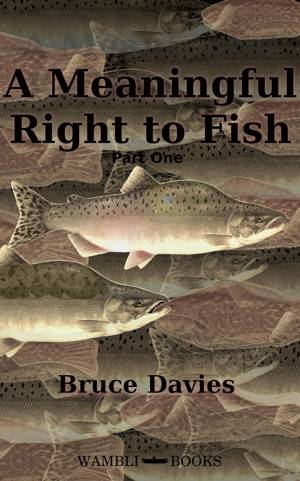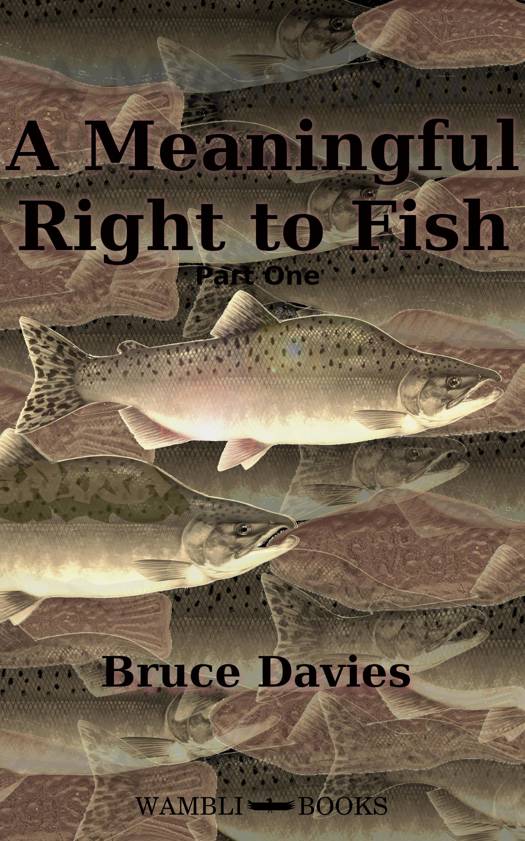
- Retrait gratuit dans votre magasin Club
- 7.000.000 titres dans notre catalogue
- Payer en toute sécurité
- Toujours un magasin près de chez vous
- Retrait gratuit dans votre magasin Club
- 7.000.000 titres dans notre catalogue
- Payer en toute sécurité
- Toujours un magasin près de chez vous
Description
In 1970 a complaint was filed in federal court to clarify the right to fish that tribes had reserved in the Stevens Treaties. The case became United States v. Washington and has been in litigation ever since. Hundreds of sub-proceedings have been decided, dozens of appeals have been heard and the Supreme Court has considered the case twice. Part One covers the period from treaty times to 1979 when the Supreme Court in the Passenger Vessel decision affirmed the1970 trial court decision of Judge Boldt. Part Two in a separate volume describes the next forty-five years. Numerous sub-proceedings have been litigated over allocation, management of fish harvests, the right to harvest shellfish, the location of tribal fishing areas and the protection of fish habitat. It is perhaps the most complex case in the American legal system. It profoundly influenced fisheries science and management and played an oversized role in the politics of the Pacific Northwest.
Spécifications
Parties prenantes
- Auteur(s) :
- Editeur:
Contenu
- Langue:
- Anglais
Caractéristiques
- EAN:
- 9781736542903
- Date de parution :
- 01-02-21
- Format:
- Ebook
- Protection digitale:
- /
- Format numérique:
- ePub







